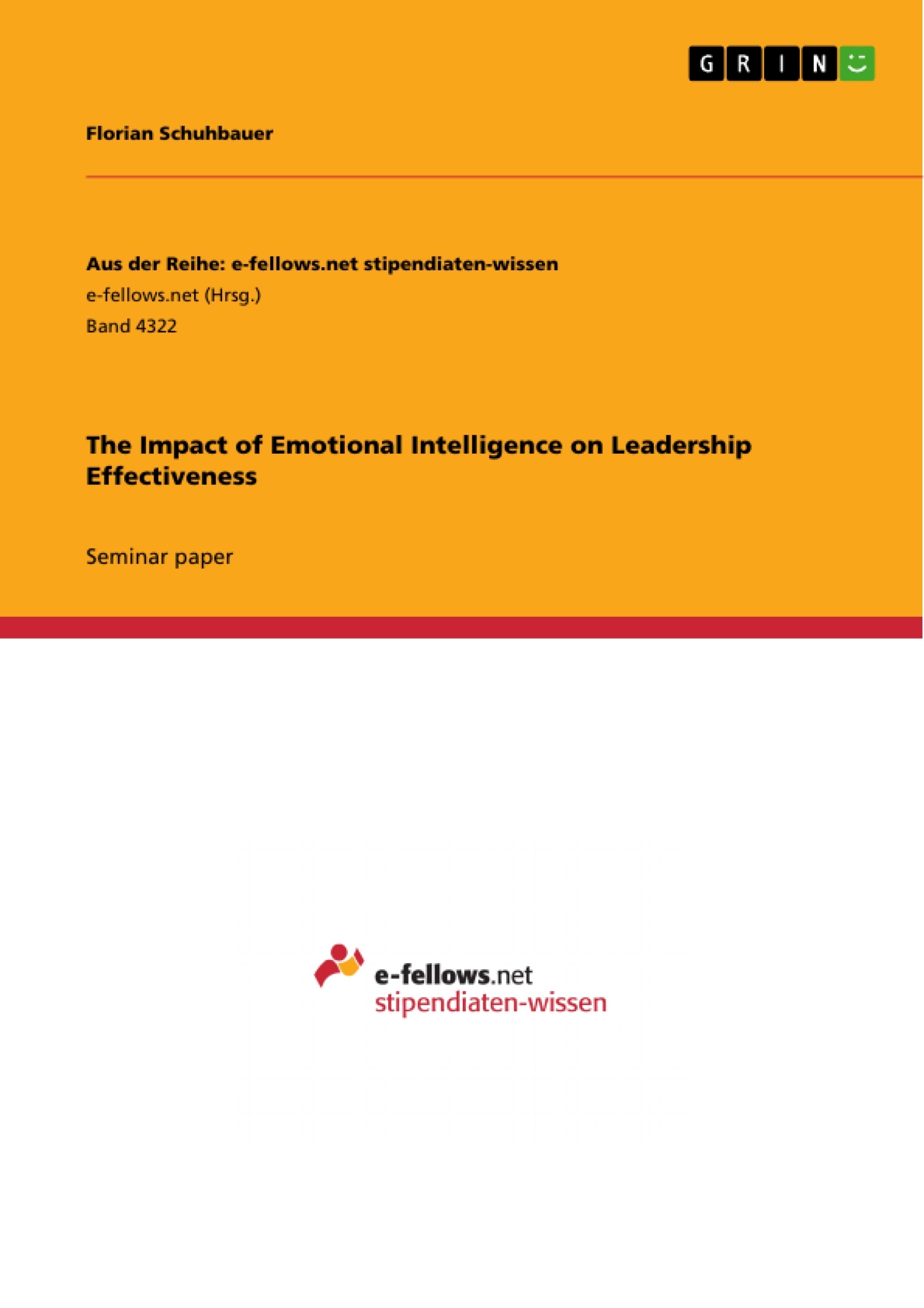Introduction
Introduction: This introductory chapter establishes the context of the research by highlighting the increasing demands on leaders in today's complex business world. It introduces the concept of emotional intelligence (EQ) as a vital factor for effective leadership, contrasting it with traditional measures of intelligence like IQ. The chapter outlines the paper's objectives: to explore the impact of EQ on various aspects of leadership and to analyze how organizations can foster EQ development to improve leadership performance and overall outcomes. The chapter lays the groundwork for subsequent chapters by previewing the development of EQ concepts and the exploration of its practical implications in leadership contexts.



